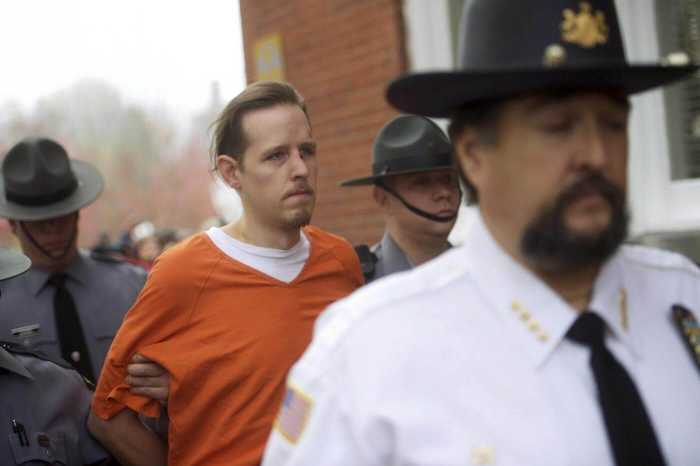By Daniel Kelley
PHILADELPHIA (Reuters) – A jury on Wednesday found a former Philadelphia sportscaster guilty of using unregistered charities and non-existent tickets to sporting events to scam people out of money. Don Tollefson, 62, represented himself in the 11-day trial, portraying himself as an incompetent businessman as he tried to fend off charges of theft, money laundering and violating state charities rules. Bucks County Assistant District Attorney Matthew Weintraub said Tollefson stole roughly $342,000 in increments ranging from $500 to $1000 by promising sporting tickets to donors to his charities.
“You can say you made a mistake the first time, but clearly you know what you are doing is wrong,” Weintraub said.
Tollefson faces up to 37 years in prison although he is likely to face a lighter sentence as a first-time offender.
A sentencing date was not scheduled but should occur within 30 days.
Robert Goldman, who served as back-up defense attorney, said Tollefson planned to make restitution by selling off a collection of sports memorabilia.
“Tollefson never sat down and planned out a crime,” Goldman said. “He promised too much and he wasn’t able to deliver.”
The conviction is a stunning fall for Tollefson, who was once among the area’s most recognizable broadcasters.
From 1975 until 1990, he was a popular sports anchor for WPVI Channel 6 Action News, an ABC affiliate. He later worked for the Fox affiliate in Philadelphia and for the Philadelphia Eagles NFL football team. He originally pleaded guilty to three felonies and two misdemeanors in the money-making scheme, which prosecutors say he used in part to buy drugs.
He withdrew his plea in December after saying he had found religion and received divine guidance urging him to fight to clear his name.
He also fired his lawyer, who had urged him not to withdraw his guilty plea.
Tollefson also rejected a plea deal the day before the trial began, according to local media, that would have required him to make substantial restitution and serve seven months in state prison and 17 months in a drug treatment program. (Editing by Ellen Wulfhorst and Eric Walsh)



























